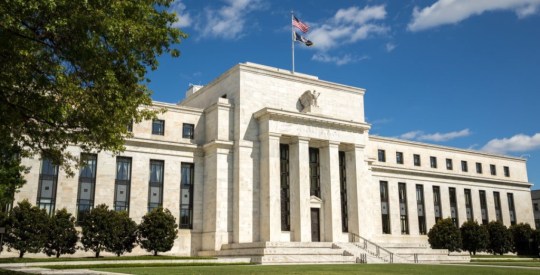The Federal Reserve delayed tapering its quantitative easing bond-buying program, putting the risk of the decision at least another six weeks away. Daily trades on stocks, bonds and Treasurys all benefited from the announcement. The long-term impact, however, may be more dire.
Economic implications forced the central financier to leave its asset purchases and forward guidance unchanged in September, bucking expectations. The move is drawing a fair amount of criticism.
The chances of delaying the first agency mortgage-backed securities and longer-term Treasury taper until October or December are small, yet the Fed’s credibility could be tested.
"The concern is that the decision to wait sends a message that the economy is worse than it appears or that the costs of QE are not high on its radar," explained Moody’s Analytics senior economist Ryan Sweet.
Fed chairman Ben Bernanke stated during a press conference Wednesday that it may take another year until the central bank begins changing the pace of its asset purchases, emphasizing that a calendar date has not been set.
"If the data confirms our basis outlook and we believe the test is coming to pass, we could begin to move later this year, but even if we do that the subsequent stance will be tied to the economy," Bernanke stated.
He added, "We can’t let market expectations dictate our policy actions."
The Fed chair admitted that the economic recovery was stalling, with many headwinds blocking the road to growth — particularly the housing sector.
The biggest issue is the recent spike in mortgage rates, which could ultimately tighten the economic recovery — leading to a major setback since the Federal Reserve changed its QE program last year.
The minutes from the July FOMC meeting showed that policymakers believed that housing could weather the rise in mortgage rates, but these views may be wavering and increasing support for maintaining the status quo for the foreseeable future.
"This was a precautionary step and the intention is to wait a bit longer until we get confirming evidence that the economy is actually getting better," Bernanke cautioned.
Many regulators and market participants believe that the Federal Reserve has placed itself in the role as setting the stage for the economy, given that the central bank is a ‘non-bipartisan institution.’
As a result, some believe Congress should reform the Fed to focus more on its mission of prudent monetary policy.
"The Fed’s policies continue to get in the way of a real recovery, thus curtailing opportunity for millions of Americans," explained Rep. Scott Garrett, R-NJ.
However, other regulators remain strong supporters of the Fed's actions, and believe Bernanke's team has given the economy a facelift, with the quantitative easing program precipitating improvements in the housing sector.
"Maintaining quantitative easing will ensure a stronger economic recovery by bolstering mortgage markets, keeping long-term interest rates low and improving other financial indicators," said Sen. Maxine Waters, D-Calif.
She concluded, "I am carefully monitoring the situation and I continue to believe that with inflation well-below its 2% target, the Federal Reserve should give the employment aspect of its dual-mandate the critical attention it deserves."



